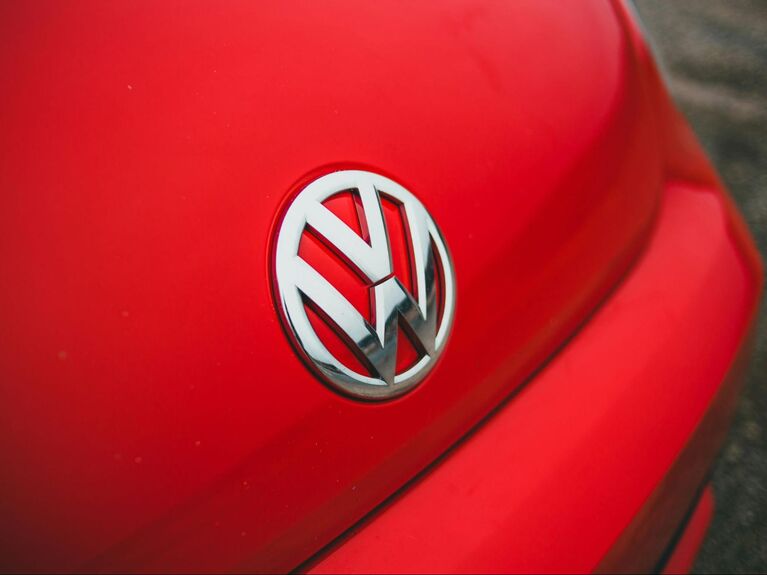
Credit: https://media.jaguar.com/en-gb/images?page=2
Navigating the world of vehicle ownership in the United Kingdom can sometimes feel like traversing a labyrinth of legalities and jargon. Among the terms frequently encountered yet often misunderstood is SORN, an acronym for Statutory Off Road Notification. This comprehensive guide aims to demystify SORN, providing clarity and insight into its purpose, process, and implications for vehicle owners across the UK.
Understanding SORN
SORN is a formal declaration made to the Driver and Vehicle Licensing Agency (DVLA) by a vehicle owner, indicating that their vehicle will not be used on public roads. This declaration is not merely a formality but a legal requirement under certain circumstances. The primary purpose of SORN is to inform the DVLA that a vehicle is off the road, thus exempting the owner from paying road tax (Vehicle Excise Duty) and maintaining vehicle insurance.
The Need for SORN
The scenarios necessitating a SORN are varied. The most common reasons include:
- Insurance Lapse: If your vehicle is uninsured, even temporarily, it must be SORNed to avoid legal penalties.
- Vehicle Storage: Vehicles that are kept in a garage, driveway, or storage facility and not used on public roads must be SORNed.
- Non-Operational Vehicles: If a vehicle is not in a roadworthy condition or is undergoing extensive repairs, it should be declared off the road.
- Seasonal Use: Vehicles used seasonally, such as certain classic cars or motorhomes, can benefit from SORN during off-season periods.
Can You Sell a SORN Car?
If you're wondering whether you can sell a car that's declared SORN (Statutory Off Road Notification), the answer is yes, but there are important considerations to bear in mind. A SORN car is one that has been registered as off-the-road with the DVLA, meaning it's exempt from vehicle tax and doesn't need to be insured or have a valid MOT. However, selling a SORN vehicle comes with specific requirements.
Legal Considerations
Firstly, it's legal to sell a SORN car, but you cannot drive it on public roads. If prospective buyers want to test drive it, they must tax and insure the vehicle first, which involves taking it off SORN. This is a catch-22 situation, as the vehicle also needs a valid MOT to be taxed.
Selling Process
When selling, be transparent about the car's SORN status. It's a good idea to provide details about why the car was SORNed, such as for storage or due to needing repairs. This honesty helps build trust with buyers and can influence their decisions.
Transferring Ownership
Upon selling the car, you must inform the DVLA. The SORN status doesn't transfer to the new owner, so they'll need to decide whether to keep the car off the road or to tax and insure it for use.
Practical Tips
- Documentation: Ensure all paperwork, including service history and MOT certificates, if applicable, are available for the buyer.
- Repairs: If the car needs repairs, consider whether you want to sell it as-is or invest in fixing it up, as this could affect the sale price.
- Place of Sale: Ideally, sell the vehicle from your private property. Since it's not road-legal, you can't legally park it on a public road for viewing.
How to SORN Your Vehicle
Declaring SORN is a straightforward process. There are three main ways to do this:
- Online: The quickest method is via the DVLA’s online service.
- By Phone: You can call the DVLA to declare SORN.
- By Post: Posting a V890 form to the DVLA is another option.
To complete this process, you will need certain documents, including the vehicle registration number and either the V11 tax reminder reference number or the V5C logbook reference number.
Cancelling a SORN
Cancelling a SORN is as straightforward as making the declaration. The act of taxing the vehicle automatically cancels the SORN. Ensure your vehicle is insured and has a valid MOT (if needed) before taxing it. It’s important to remember that SORN does not automatically cancel upon the sale of a vehicle. The new owner must either tax the vehicle or declare their own SORN.
Situations Exempt from SORN
There are rare cases where SORN is not required, even if a vehicle is off the road. This includes:
- Vehicles kept off-road due to the owner being a member of the armed forces serving overseas.
- Stolen vehicles, until recovered.
- Vehicles that are exempt from vehicle tax.
The Impact of SORN on Vehicle Owners
For vehicle owners, SORN provides a legal way to avoid tax and insurance costs when their vehicle is not in use. It’s particularly beneficial for owners of multiple vehicles, classic car collectors, and those undergoing long-term travel or relocation. However, the responsibility lies with the owner to ensure that all legal criteria are met, both during the SORN period and when bringing the vehicle back into use.
In essence, SORN is a key element in the responsible ownership and management of vehicles in the UK. It’s a cost-effective, legally sound solution for those periods when your vehicle is not treading the tarmac. Understanding and properly utilising SORN can save vehicle owners from unnecessary financial burdens and legal complications. By staying informed and adhering to the regulations, motorists can ensure they navigate the roads, and the times off them, in full compliance and with peace of mind.




